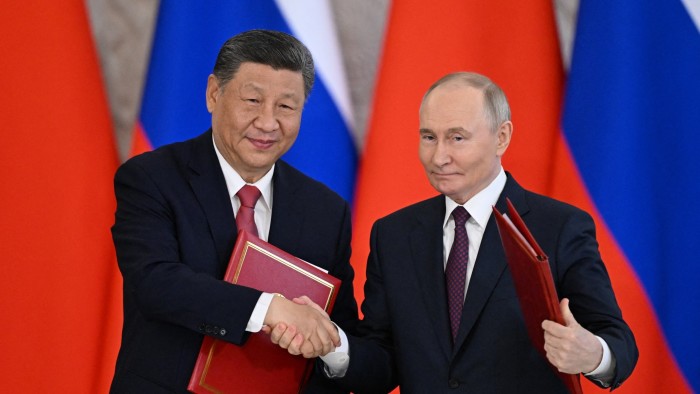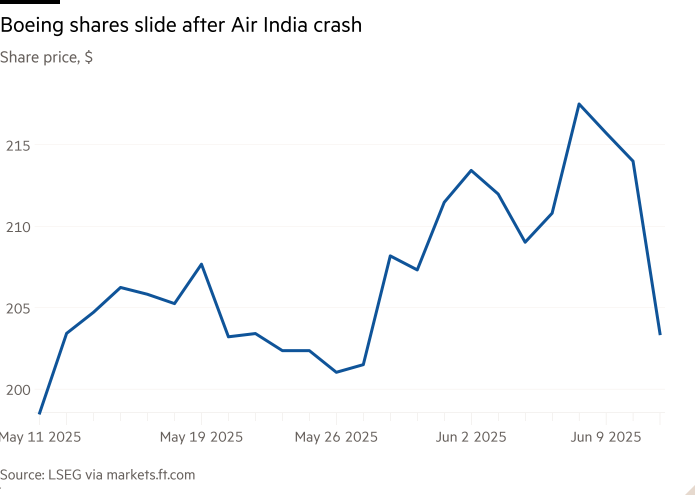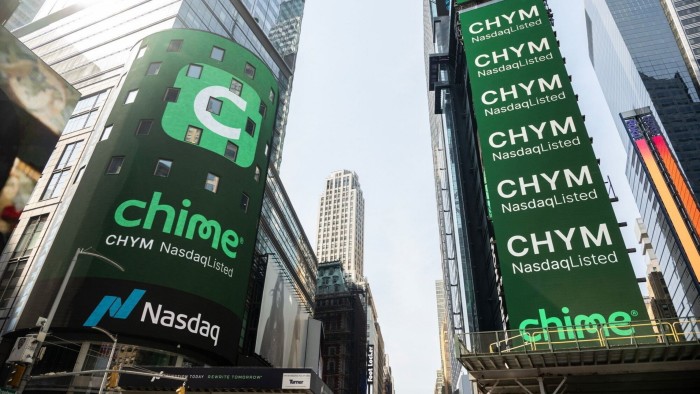EU targets Chinese banks over Russian trade links

Stay informed with free updates
Simply sign up to the War in Ukraine myFT Digest — delivered directly to your inbox.
The EU is preparing sanctions against two Chinese banks that allegedly enabled banned trade with Russia, the first attempt by Brussels to target a third-country lender for supporting Moscow’s full-scale invasion of Ukraine.
The curbs were included in the European Commission’s latest package of measures, four officials with knowledge of the plans told the Financial Times. They require the unanimous support of EU member states to be adopted.
Such a step would mark a significant escalation in the bloc’s efforts to punish China over its alleged role in facilitating Moscow’s evasion of existing trade restrictions, which are designed to limit foreign supplies to Moscow’s military-industrial complex.
The two small regional Chinese banks under consideration used crypto transactions to facilitate the import of goods covered by existing EU sanctions, two of the officials said. The sanctions package could be amended in negotiations between member states.
The move comes as Brussels seeks to maximise pressure on Russia in a bid to undermine its economy, force Moscow to return to stalled peace negotiations with Ukraine and show Europe’s determination to stand by Kyiv.
Officials say US President Donald Trump’s stance towards additional western sanctions on Russia at next week’s G7 summit in Canada will heavily influence the likelihood of the new package being agreed by the EU.
The move to include Chinese banks also comes at a diplomatically sensitive time, with the EU preparing for a major summit with Chinese President Xi Jinping in Beijing next month.
The commission did not immediately respond to a request for comment on the inclusion of Chinese lenders. The Chinese mission to the EU did not immediately respond to a request for comment.
Paula Pinho, spokesperson for the commission, said earlier on Wednesday that the sanctions in general were “to avoid circumvention by creating alternative [financing] systems”.
Beijing has condemned previous EU measures targeting Chinese companies accused of directly assisting Russia. It has denied providing lethal weaponry to Moscow and accused the EU of “double standards” by continuing to trade with Russia in some areas.
Chinese foreign ministry spokesperson Mao Ning said last month that “normal exchanges and co-operation between Chinese and Russian companies should not be disrupted or affected”.
Trade between Russia and China hit $245bn in 2024, double what it was in 2020. Russia has also become increasingly reliant on the Chinese renminbi for undertaking international financial transactions as it moves away from the dollar and other western currencies.
The EU’s most recent packages of sanctions has sought to tighten existing measures — which ban exports of military, dual-use and sensitive goods to Russia — mainly by closing down transit routes.
“[President Vladimir] Putin’s ability to sustain the war very much depends on the support he receives from third countries,” commission president Ursula von der Leyen said on Tuesday. “Those who support Russia’s war and the effort of conquering Ukraine carry a heavy responsibility.”





